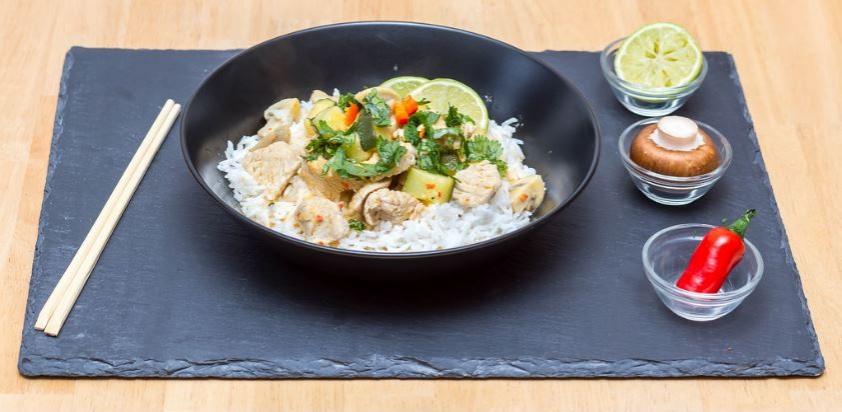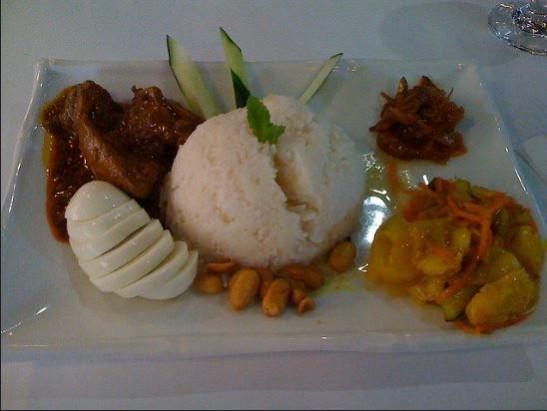
While rice is a food item that a lot of people are fond of and can't do without, there are some regions in the world where the grain forms a staple food. In China, rice is served with almost every meal, including breakfast. However, there are many people who are increasingly growing conscious of the amount of calories in rice and are either giving it up or opting for brown rice.
Also read: Not a meat-eater? 7 vegetarian foods that will take care of all your protein needs
In case you too love rice and cannot imagine giving it up, this might just be what you need. Scientists from the American Chemical Society have developed a simple and different way to cook rice that cuts the calories by half.
Here's what you need to do
- Add a teaspoon of coconut oil to boiling water
- Add half a cup of rice.
- Boil it till cooked
- Refrigerate it for 12 hours
- You can then heat the rice as and when required
Yes, it is really that simple. The oil enters the starch granules while the rice is being cooked and changes the structure making it resistant to digestive enzymes due to which fewer calories are absorbed in the body.
For the research, the scientists used 38 kinds of rice from Sri Lanka and tried to find a new way to cook it so that it increased the resistant starch content. While they simmered the rice for about 40 minutes, one could boil it for 20-25 minutes for the same results.

It is believed that this process of cooking rice also reduces obesity rates. "Because obesity is a growing health problem, especially in many developing countries, we wanted to find food-based solutions," Science Daily quoted team leader Sudhair A. James as saying. "We discovered that increasing rice resistant starch (RS) concentrations was a novel way to approach the problem.
"Your liver and muscles store glycogen for energy and quickly turn it back into glucose as needed. The issue is that the excess glucose that doesn't get converted to glycogen ends up turning into fat, which can lead to excessive weight or obesity," he added.

















